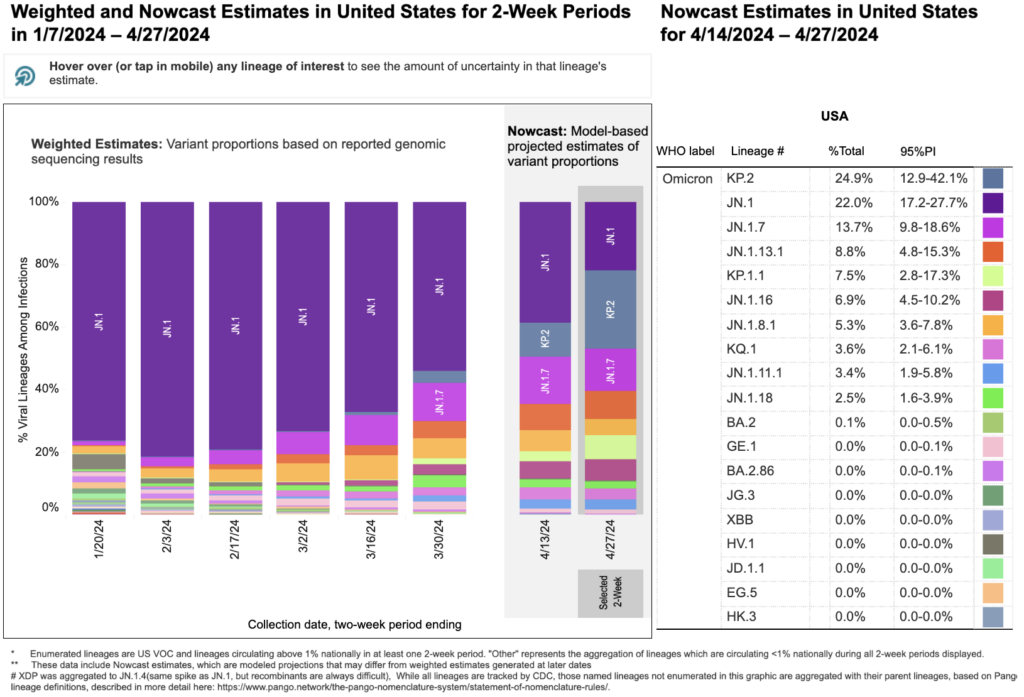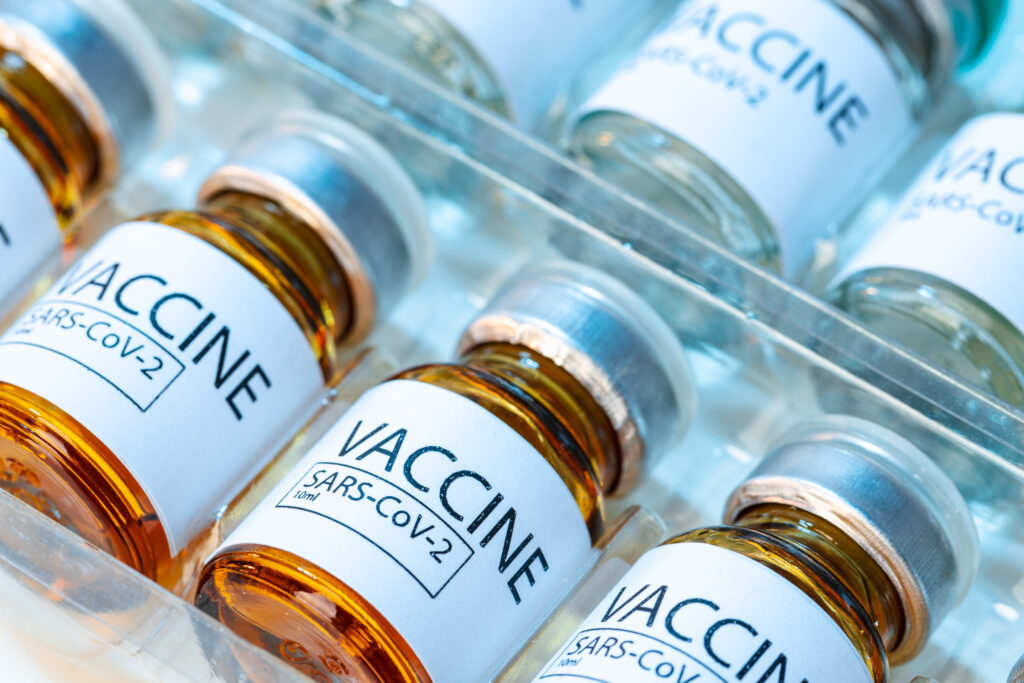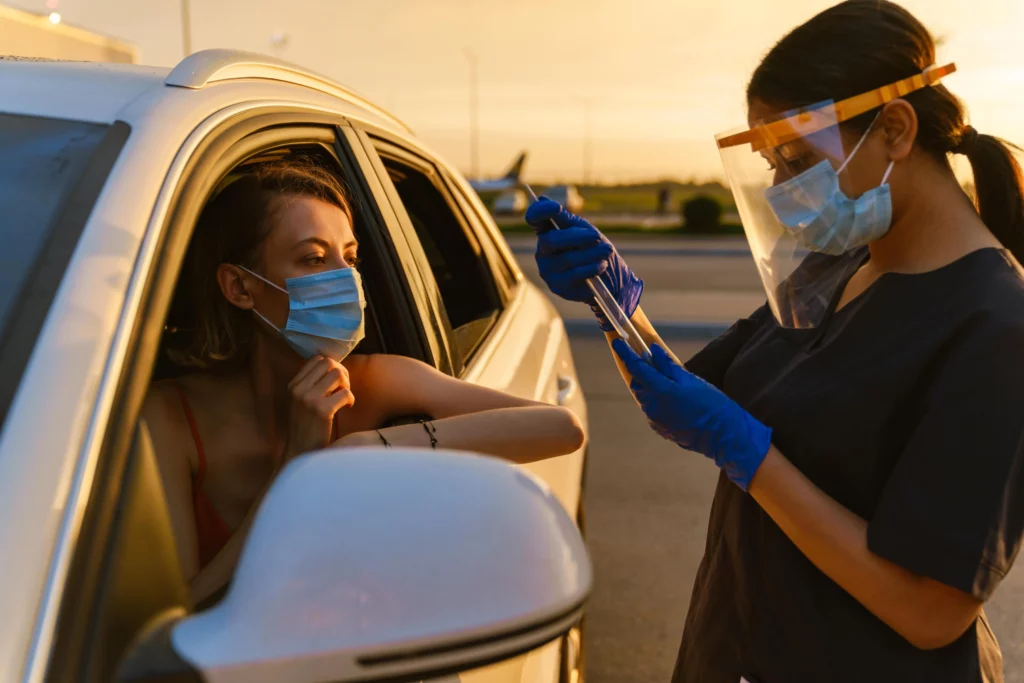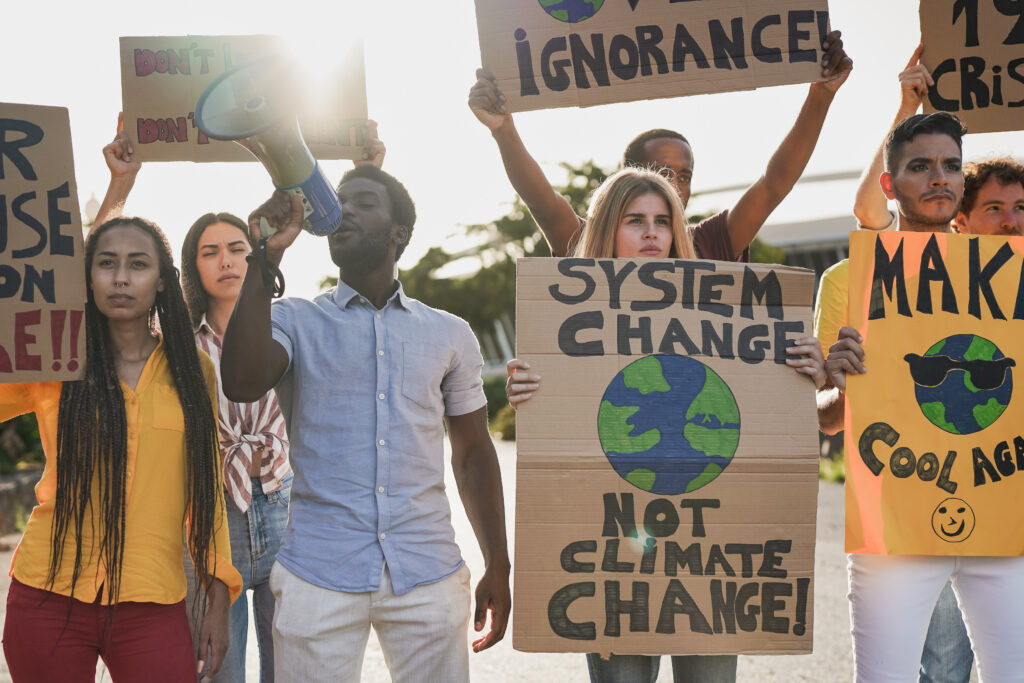
New ‘FLiRT’ COVID variants are causing a surge this summer. Learn how to protect yourself and recognize symptoms.

The curtain falls on two pivotal government initiatives providing free COVID-19 tests and Paxlovid courses on March 8th. What now?

The efficacy of COVID-19 vaccines declines over time but the vaccines still have a protective effect.

Data shows that benefits outweigh risks of COVID-19 vaccinations.

Vaccines exist for RSV to prevent serious illnesses such as bronchiolitis and pneumonia. RSV vaccines reduce the risk of hospitalization from RSV.

Explore the reasons behind the frequent comparisons between COVID-19 and the flu, understanding the similarities, differences, and public misconceptions.

FDA suggests a potential association between these vaccines and a slight increase in the risk of stroke when administered alongside a high-dose flu vaccine.

The findings of this study provide valuable insights into children’s immune response to SARS-CoV-2 and the virus causing COVID-19

We aim to bust some common myths about COVID-19 vaccines and provide you with reliable information from credible sources.

we will provide a quick refresher on effective strategies to navigate the pandemic and shed light on the role of Fast Labs in providing convenient and efficient at-home COVID-19 tests.



